 Menu
Menu
“As a European and as a socialist I firmly believe in Europe”
Mário Alberto Nobre Lopes Soares (Lisbon, December 7th, 1924 – Lisbon, January 7th, 2017) was one of the most prominent Portuguese politicians of the 20th century. A leading opponent of the New State (Estado Novo) – the dictatorship that prevailed in Portugal between 1933 and 1974.
With a solid humanist background, he defined himself as republican, socialist, secular, Portuguese, Europeanist and citizen of the world. He made his life a constant and persistent fight for the values and causes he believed in, his greatest cause being the defence of freedom and democracy.


Lawyer, professor, oppositionist to the dictatorship, imprisoned more than ten times, deported and political exile, leader of the Portuguese Socialist Action, founder and Secretary-General of the Portuguese Socialist Party Vice-President of the Socialist International, Minister, Prime Minister and President of the Republic, Member of the European Parliament, President of the European Movement; and Chairman of the Committee of Wise Persons of the Council of Europe, the Independent World Commission on the Oceans, the Committee for the World Water Contract and the Commission on Religious Freedom.
During the 1974-1975 revolutionary period, Mário Soares’ action was decisive for Portugal to transform itself into a pluralist democracy. As Prime Minister, he played a decisive role in concretizing the basic principles of the Constitutional Regime and the construction of a welfare state in Portugal. It was Mário Soares who initiated and led the process of Portugal’s accession to the European Economic Community, between 1977 and 1985, the year in which, as Prime Minister, he signed the Accession Treaty.
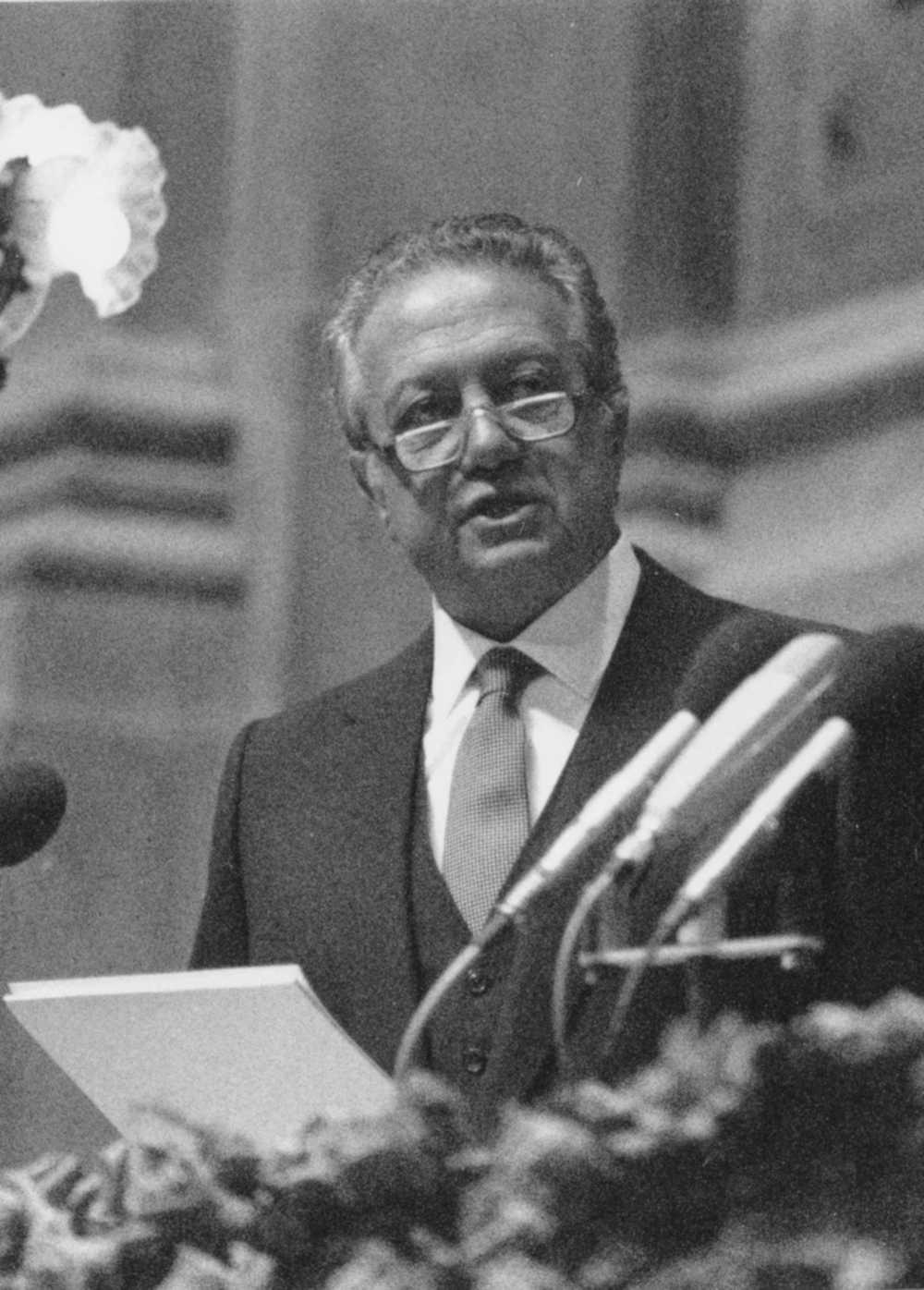

“As a European and as a socialist I firmly believe in Europe. I know that the idea of a political Europe, based on a community of interests and objectives and, above all, on the ideal of freedom, poses a great challenge. Not only for us, who are living the tormented post-war period, but also for the new generations facing planetary problems that jeopardize the survival of the human species. A challenge that deserves our commitment with determination and courage, in order to overcome our present economic and social difficulties and also as a balancing factor between rival blocs and superpowers”.
An exceedingly cultivated man, he was a close friend of the great political and intellectual figures of his time, with whom he exchanged views, debated ideas and sought inspiring paths for Europe and the World. He published a vast political work, reflecting on the issues that marked the world, pointing out paths, alerting to dangers, making criticisms, expressing hope, encouraging dialogues.
In the last years of his life, he warned and cautioned, with extreme lucidity, about the dangers that shadowed the European project, reinforcing the importance of fidelity to its founding ideals, particularly the one of solidarity between its members.
Mário Soares was always a great European voice.Mário Soares was born and raised in a family of liberal-republican tradition, which influenced him decisively. His great reference was his father, a defender of republican ideals, priest, politician (Member of Parliament and Minister during the First Republic), a man who opposed the New State dictatorship led by Oliveira Salazar.
João Soares was also a recognized pedagogue, having introduced several pedagogical innovations in Colégio Moderno, which he founded, a school that is still a reference in Portugal.
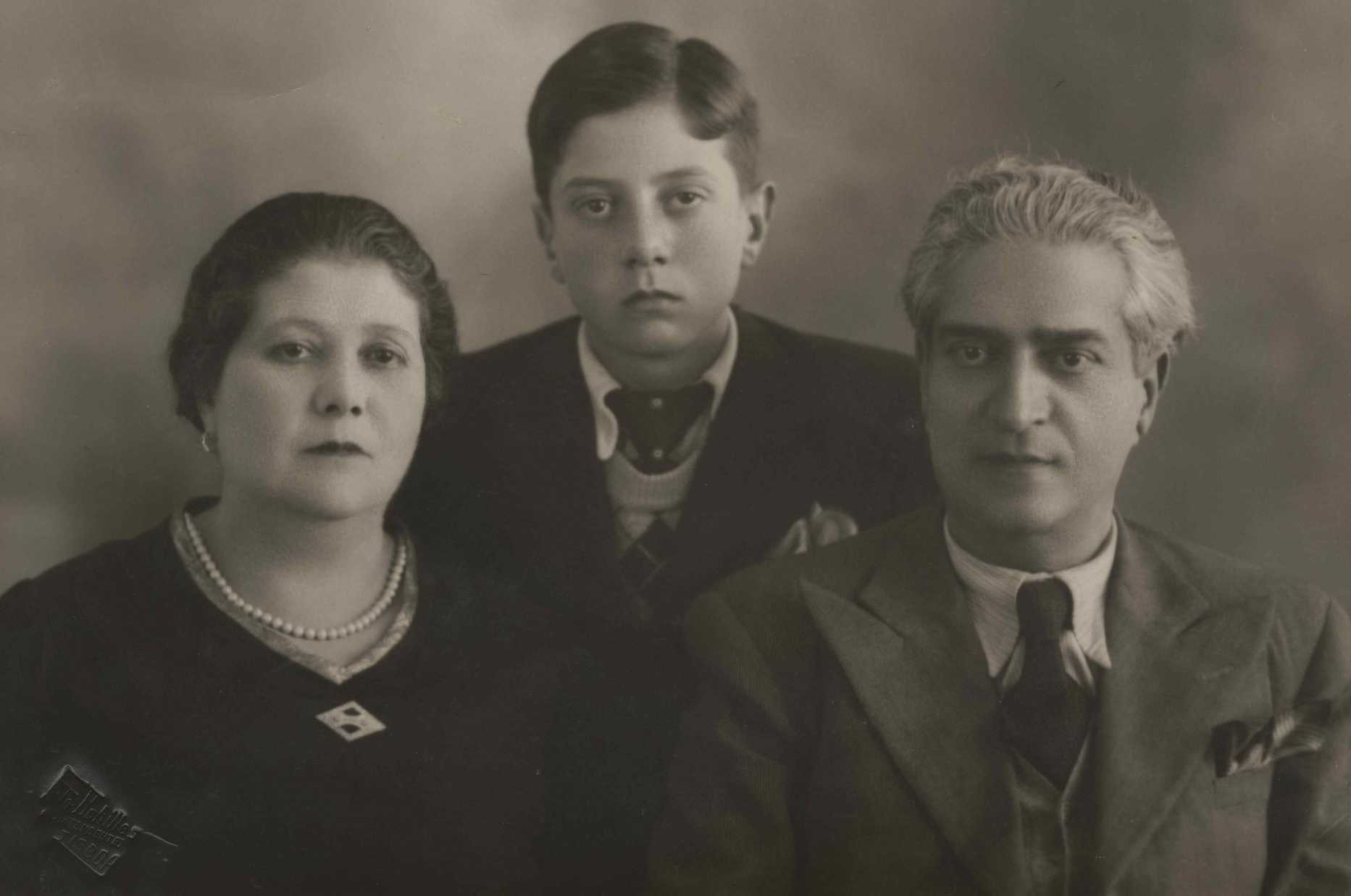

The cultural and political environment, imbued of a spirit of resistance and anti-fascist opposition, in which Mário Soares grew up, having even seen his father imprisoned several times, provided him with political upbringing, education and awareness.
When he was still a high school student, he became interested in literature, philosophy, history and art, focusing his attention on political issues. Some of his teachers were celebrated Portuguese intellectuals, among which were several oppositionists to the Regime, who contributed to the humanist education and idealism of the young anti-fascist.
At the age of 17, he entered university, enrolling in the course of Historical-Philosophical Sciences, starting at that time his action as an anti-fascist activist. He joined the Portuguese Communist Youth and several unitary anti-fascist movements. In 1946, when he was 21 years old, he signed his first political text – “Youth is Not with the New State” – and soon asserted himself as a spokesman for the Portuguese democratic youth.
“It is difficult to ascertain the moment when one begins to think with one’s own mind, so slow and arduous is the learning of mental independence and so decisive are the influences that weigh, clash, and condition our positions, even those apparently more personal. / I do know that I enrolled at the Faculty of Arts and Humanities, at the age of seventeen, in October 1942, and that, at the time, I already had a clearly outlined mental and political position. (…)”
At their side, he resisted and fought the dictatorship, discussed political works of reference and consolidated his political and cultural thinking. When, in 1951, he finished his degree, in the meanwhile breaking up with the Communist Party, he had already developed an intense activity in the opposition, having been arrested four times for political reasons. He was imprisoned at the Aljube Prison, in Lisbon, at the time he married Maria de Jesus Barroso (1925-2015).
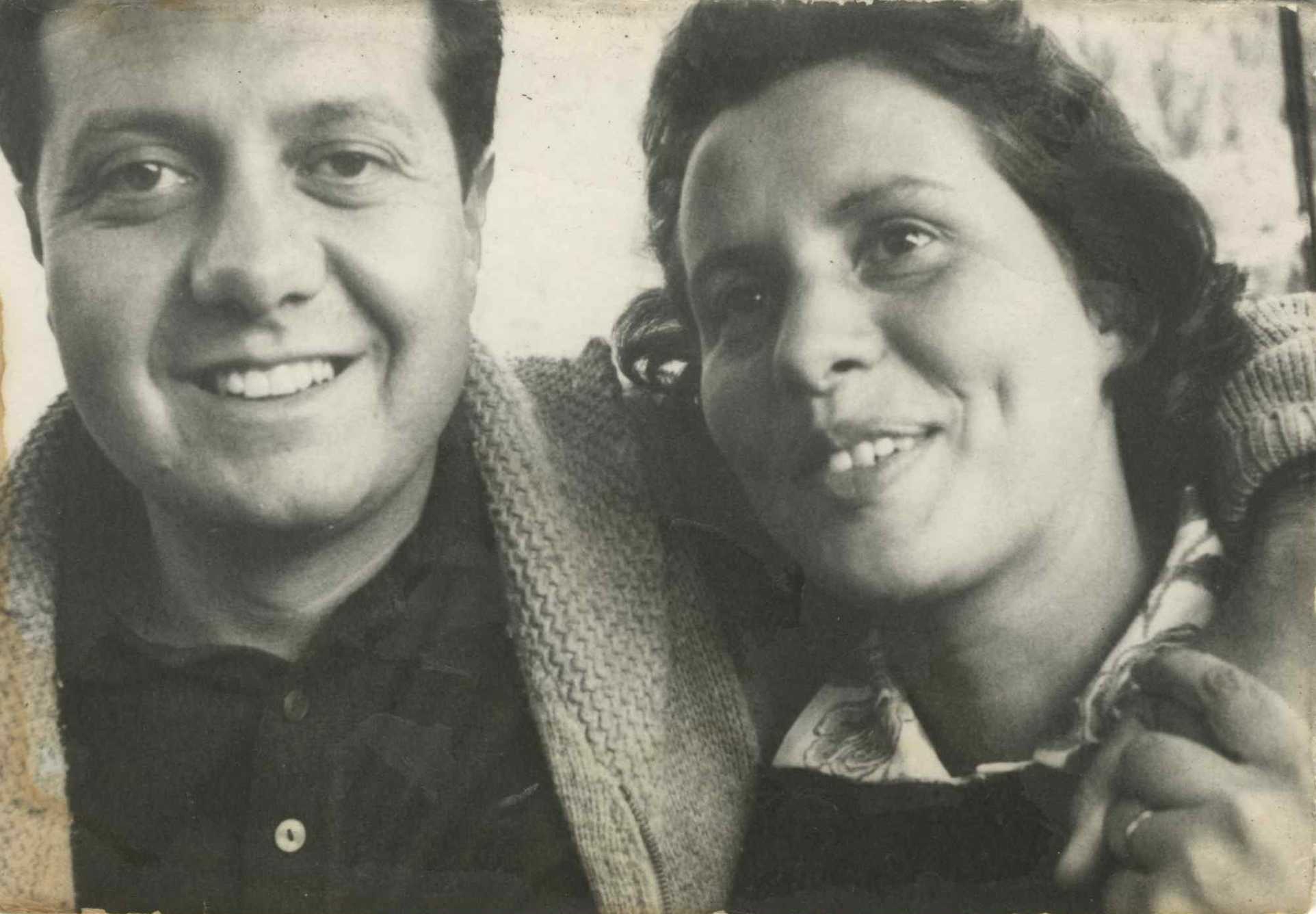

Mário Soares took a second degree in Law, completed in 1957. He practiced law, working several times as defender of oppositionists to the dictatorship, increasingly engaging in that political fight.
Throughout his personal journey, he remained faithful to the concerns and fundamental values that underpinned his training and guided his youth, evoking them systematically, sharing them until the end of his life with the younger generations, transmitting to them his passion for politics and for public affairs.
“Only those who give up fighting are defeated”.
Mário Soares’ personal journey merges with the fight for freedom and the assertion of democracy in Portugal.
Always at the forefront of the resistance to the dictatorship, he quickly became one of the most respected figures in the democratic opposition, nationally and internationally
He fought the New State for more than three decades: joining and leading resistance organizations; supporting and getting actively involved in the electoral campaigns through which the opposition tried to fight the regime; writing, signing, being spokesman for fundamental texts which denounced the dictatorship’s actions against freedom and fundamental rights; organizing and taking part in many public demonstrations; and as a lawyer for countless political prisoners, in the course of which his pugnacious interventions and his oratorical and reasoning skills became famous.
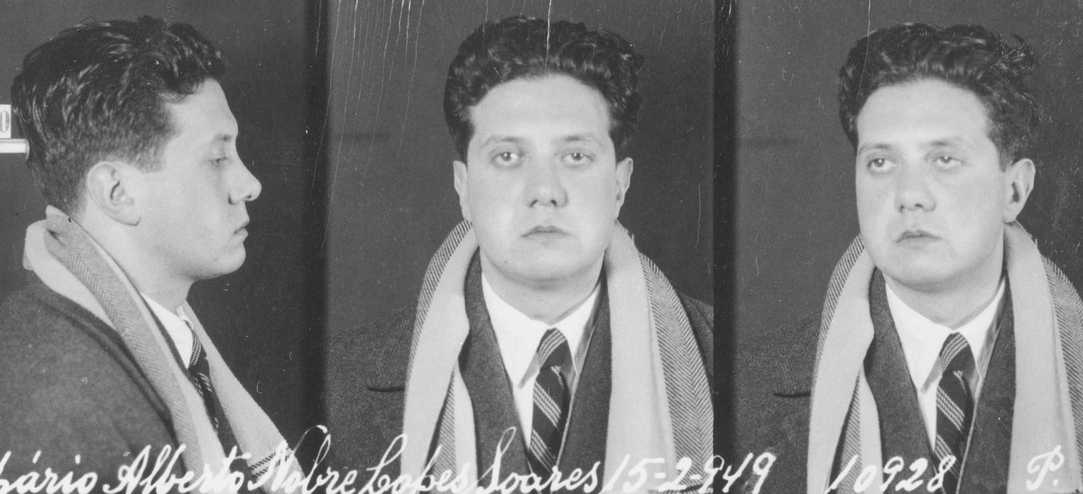

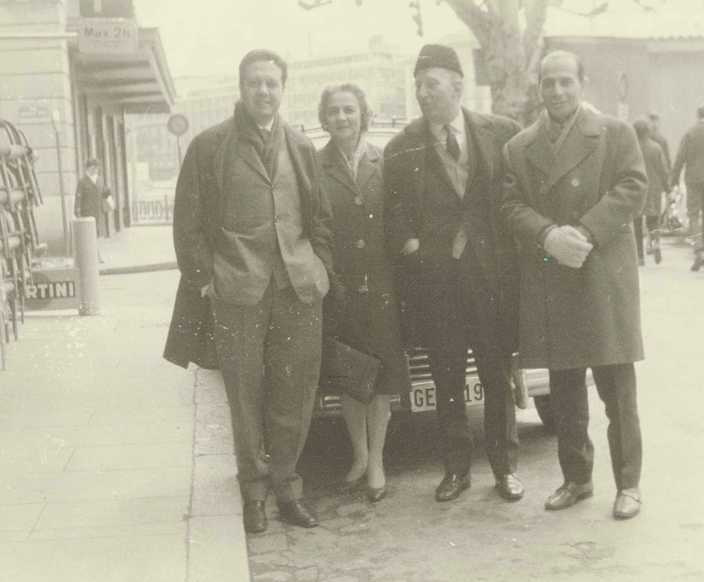

He was arrested twelve times. In 1968 he was deported to S. Tomé, by order of the dictator Salazar, with no date for his return to Lisbon. He then received the solidarity of the International League for Human Rights and was named “Prisoner of the Year” by Amnesty International. With the fall of Oliveira Salazar, who was succeeded by Marcello Caetano, the deportation of Mário Soares ended, and he continued his political combat.
The fight against the Portuguese dictatorship was intensified. The regime was increasingly challenged at the international level, the main focus being the colonial policy and the colonial war in which the country was engaged since 1961.
In 1970, after a tour of several Latin America countries marked by successive addresses denouncing the dictatorship, Mário Soares delivered an important speech in New York against the Portuguese government’s colonial policy. A few days later, he took part in a debate at the Council of Europe, on “Violation of Human Rights in Portugal”. The government’s retaliation did not take long, opening a lawsuit against Soares, accusing him of “treason to the motherland”.
Mário Soares went into exile in Paris, where he carried on his oppositionist activity. He intensified his contacts with great European politicians, such as François Mitterrand or Willy Brandt.
In 1972, he led the integration of the Portuguese Socialist Action, which he had founded in 1964, in the Socialist International. Soares then took part in the debate “Socialist Policy for Europe”.
A year later, in Bad Münstereifel, Germany, he founded the Portuguese Socialist Party and was elected as its first Secretary-General. Mário Soares wanted the party to be an instrument to transform Portugal, at a time when moves against the dictatorial regime were intensifying.
After the overthrow of the Portuguese dictatorship by the Armed Forces Movement, on April 25th, 1974, Mário Soares returned from his exile in Paris to continue his fight, now in a context of freedom: to build a pluralist democracy in Portugal.
In the long and consistent work that he had carried out until then, Soares had conceived and prepared a political project for Portugal, for which he fought during the troubled years of the Revolution (1974-1975). The Socialist Party quickly evolved from a poorly organized force to the main Portuguese political party, winner of the first free and democratic elections (constituent, legislative and municipal).




As Minister (Minister of Foreign Affairs and Minister Without Portfolio) of the provisional governments, Mário Soares chose, as priorities for Portugal, establishing international relations with Europe and with the world, after decades of isolation, and the decolonization process of the Portuguese African territories. His confrontation with the Communist Party, which he accused of intending to “seize power” and implant a communist regime in Portugal, was decisive for the outcome of the revolutionary period.
Mário Soares was the first constitutional Prime Minister in the history of Portuguese democracy.
Facing a serious financial crisis, his government’s policies laid the foundations of the Welfare State, through the creation of the National Health Service and extensive reforms in the areas of education, justice, labour and social rights. He kept on opening Portugal to the world, changing the paradigm of international relations, asserting the country in the European context. Since the years of the Portuguese dictatorship, Portugal’s integration in Europe had been one of his greatest concerns.
in 1977 Mário Soares formally requested Portugal’s accession to the European Economic Community and signed the Accession Treaty in 1985
He was Prime Minister three times, as head of the I, II and IX governments (1976-1977; 1978; 1983-1985), and for 12 years he was leader of the Socialist Party.
Mário Soares was the first civilian President of the Portuguese Republic, elected in 1986.
He put into practice a new way to exercise the highest office of the State, getting closer to the citizens, listening to them and their problems, making use of a magisterial influence. He created the “Open Presidencies”, in which he toured the country, selecting and drawing attention to major issues, in very different areas: from culture to education and science; from economy to the environment; from solidarity and cooperation to technology, innovation and modernization, among many others. In 1991, he was re-elected President of the Republic, garnering the highest vote ever for that office.
A builder of democracy, a man of culture, with an historical conscience and an unusual political intuition, Mário Soares never turned his back on a political fight. Throughout his personal journey, the citizen merges with the politician, in a constant struggle for a better, more just and egalitarian world.
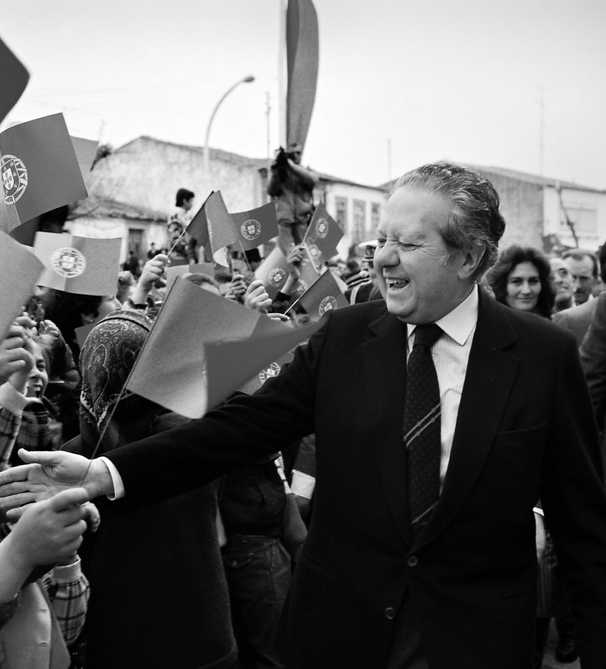

“Let us give the floor to the new generations and encourage them to freely give their Country the creativity of their youth. Let us live up to the best of our history and our culture. In solidarity, let us raise the name of Portugal in the World, with valorous deeds and works, at the service of man, of our land and peace”.
Mário Soares was a major figure in contemporary Europe. He reflected deeply, discussed and wrote about it, striving for and defending the ideal of a united, strong and solidary Europe.
Mário Soares always rejected the notion that the European Union should be nothing more than a sum of the interests and rivalries of its Member States,
guided by economic and financial criteria, adopting a policy of deference towards other world powers or concentrating on short-term interests and objectives. On the contrary, he argued in favour of an independent, cohesive and united Europe, around a solid project for the future, the reinforcement of its welfare states and an unwavering respect for human rights.
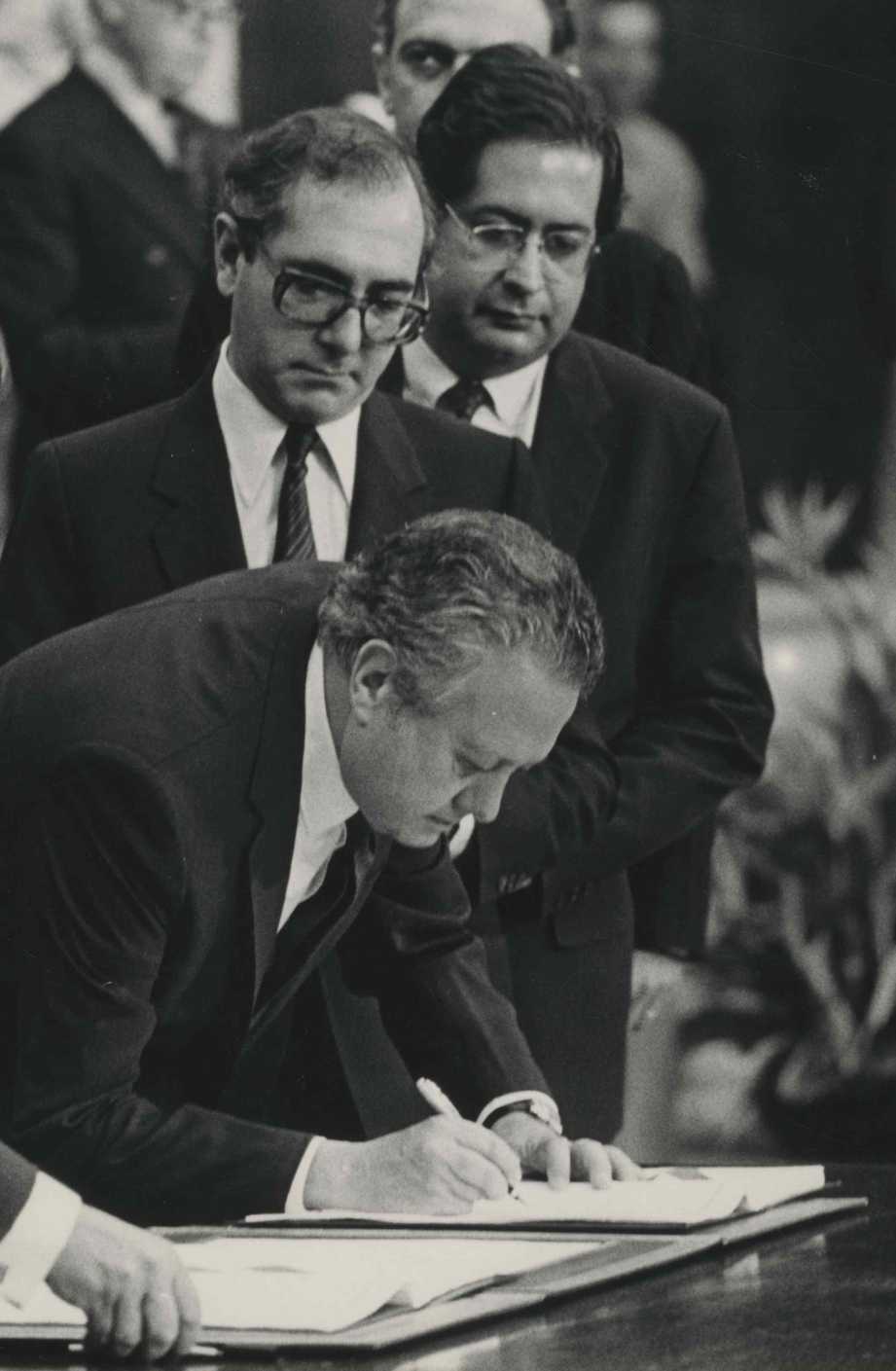



After exercising the highest political positions in Portugal, Mário Soares assumed, between 1997 and 1999, the Presidency of European Movement International, where he developed a broad work to promote European ideals and values. He was also, between 1997 and 1998, Chairman of the Committee of Wise Persons of the Council of Europe, and exercised a mandate as Member of the European Parliament (1999-2004).
“The insecure, unregulated and uncertain World in which we live vitally needs, in order to rediscover the fundamental balances, a cohesive, strong, and solidary Europe, open to the outside”.
During the last years of his life, Mário Soares raised his voice – in speeches, interviews, articles and essays – in defence of the values that presided over the construction of Europe, feeling that they were being left behind. He defended the proposal for a European Constitution and fiercely criticized the dominant neoliberal policies and the “globalization without values” which were dragging Europe into a serious identity crisis and, in his opinion, undermined democracy itself.
Although disillusioned, he was not resigned, and continued spreading a message of hope for the future. In 2011, he wrote:
“I believe that the European People, as a whole, at both national and European levels, are capable of reacting peacefully and imposing another way on European political and economic leaders, so as to avoid falling into decay and disaggregation.”
A humanist and universalist politician, the main challenges that the world faced (and still faces) were also Mário Soares’ main concerns. He thought and acted in a changing world, always aware of both the past and perspectives for the future. He knew that the fight for a better world is a constant and daily fight, requiring persistence and courage. Mário Soares never lacked these in the many and varied global causes he embraced.
As party leader, Prime Minister, President of the Republic, Member of the European Parliament and President of the Mário Soares Foundation,
he developed a permanent activity in defence of democracy and peace, always affirming the irreplaceable role of Europe and Europeans in that combat.
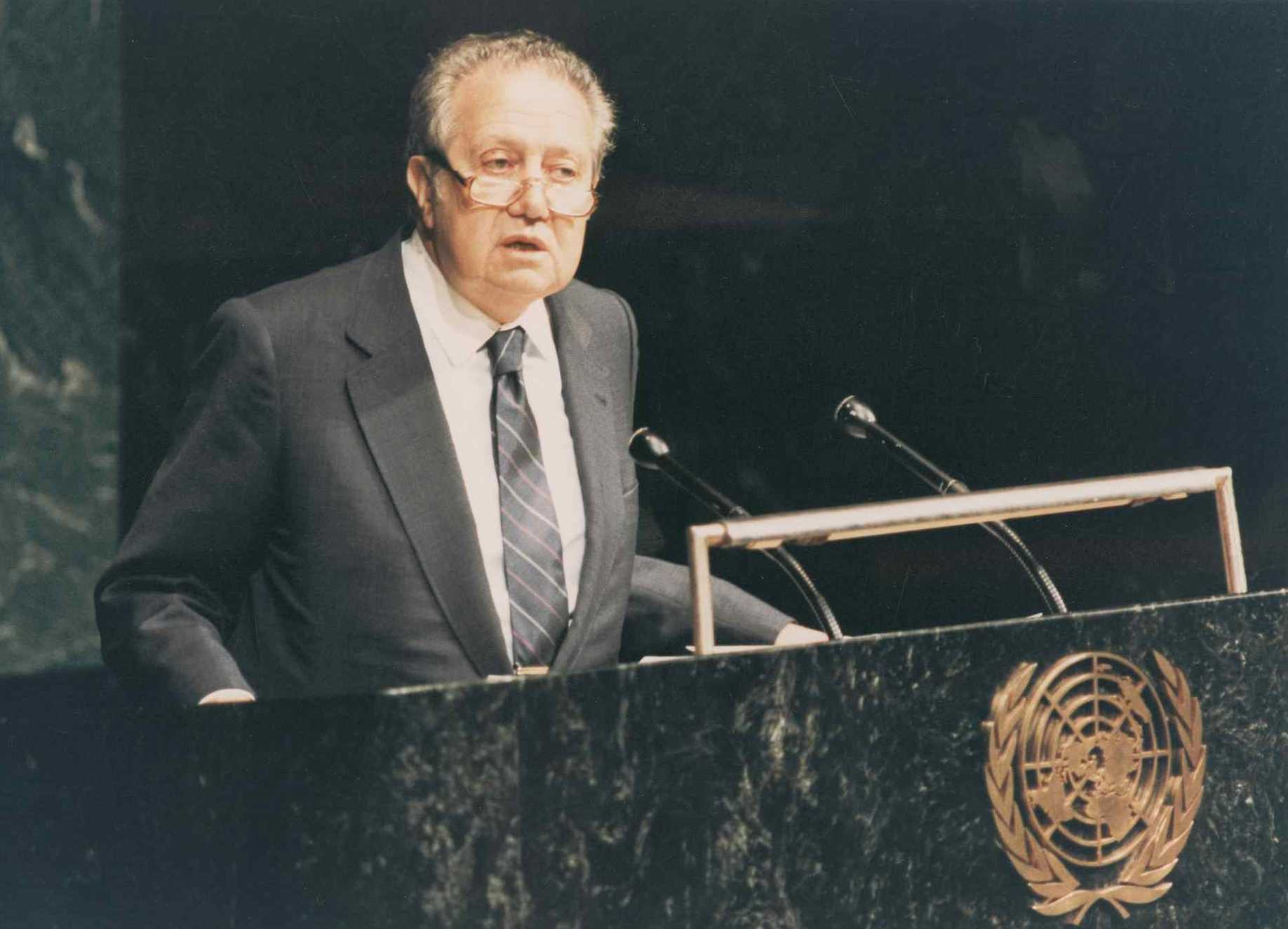

The fight for the respect for Human Rights guided his action, always with the objective of ensuring the dignity of the human person, regardless of colour, gender, religious belief or social condition. He defended the fundamental values of freedom and democracy, publicly denouncing those regimes that did not respect them, a labour that was recognized and for which he received several awards, such as the qual recebeu várias distinções, como o International League for Human Rights Award, as early as 1977.
Mário Soares fought for the concerted action of the various States in the response to global problems which he clearly identified in recent decades: the generalization of poverty, wars and conflicts between States, the drama of refugees, international organized crime and corruption, the exponential spread of pandemics, the increasing degradation of the environment and climate changes.
“Progressive societies must necessarily be societies imbued with freedom, justice and well-being – for all citizens and not just for some. The right to be different and the right to pursue individual happiness, and full personal fulfilment, are based on equal opportunities for all, laid down at the outset, on respect for others and on a general sense of tolerance, to which I like to call fraternity”.
He was involved in all these major issues, leading and joining international commissions, missions and delegations, but also addressing forums, giving lectures and writing texts and books about them. During the 1970s and 1980s, he headed, at the invitation of Willy Brandt, several delegations of Socialist International for Peace in the Middle East and Latin America, and carried out various fact-finding missions to Southern Africa.
He was Chairman of the Independent World Commission on the Oceans (1995-1998), presenting a report containing proposals to halt the very serious deterioration that was already occurring.


It was a wake-up call regarding one of humanity’s greatest challenges: saving the oceans. He was also Chairman of the Committee for the World Water Contract (since 1998) and Patron of the International Ocean Institute (since 2009).
Chairman of the Portuguese Commission for the Celebrations of the 50th anniversary of the Universal Declaration of Human Rights (1998), he headed the fact-finding mission on the situation in Algeria, by appointment of the United Nations Secretary-General, Kofi Annan (1998), and the European Parliament’s delegation for relations with Israel (2002). Between 2007 and 2011, he chaired the Commission on Religious Freedom and was President of the Jury for the UNESCO Félix Houphouët-Boigny Peace Prize. In 1997, he was elected President of the Portugal-Africa Foundation.
A year earlier, he had created his own foundation, where he developed a wide-ranging effort to preserve the memory of the fight for democracy, both in Portugal and in Portuguese-speaking countries.